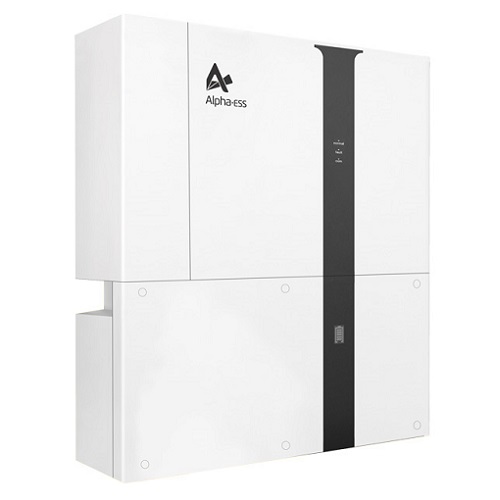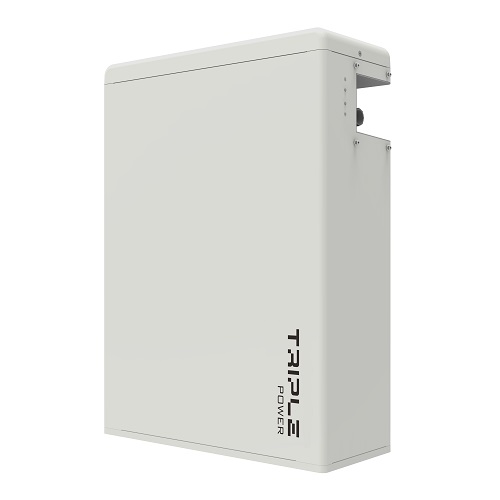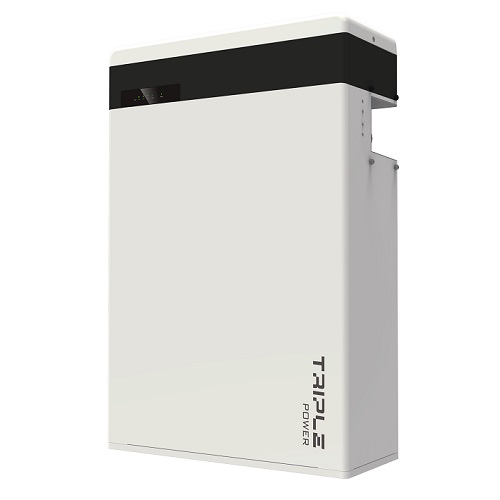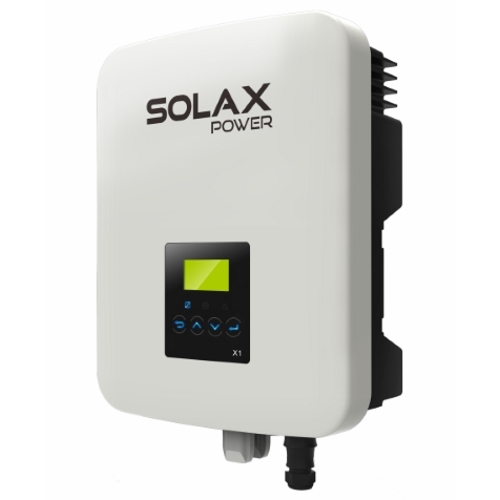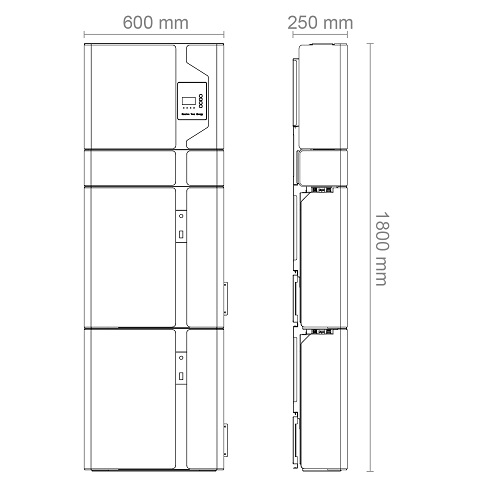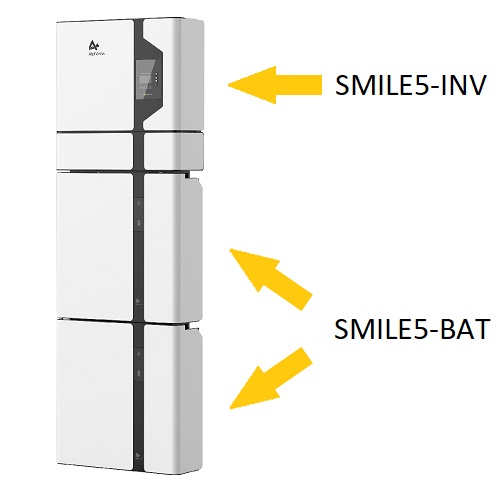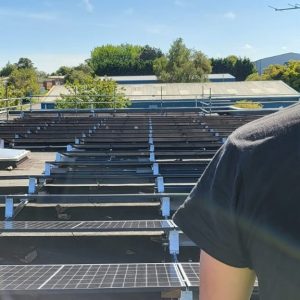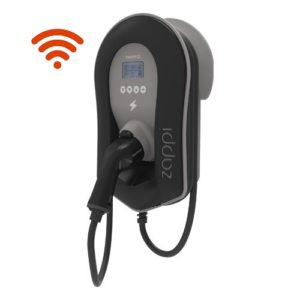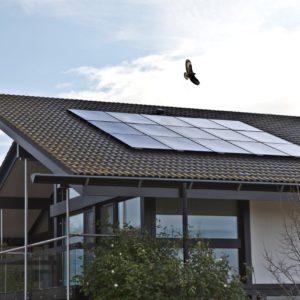Energy Storage or Batteries are a must if your driver is self-sufficiency and they fit seamlessly with a solar PV system. Batteries are in short supply currently but thanks to our long term relationships with suppliers we are in a better position than most to acquire our range.
We use 2 main types, Alpha and Solax/Triple Power.
Both have 3kW chargers as standard, Alpha do a 5kW charger as well, this is the power level that the batteries can be charged or discharged at. A standard home energy system is likely to require between 5kWh-15kWh of batteries.
Both batteries are modular meaning additional batteries can be added to them.
The Solax can go up to 11.6kWh on single phase as they are wired in series, the alpha can go up to 30kWh as they are wired in parallel, although there are some constraints with regards to height as the batteries must stack on top of each other.
As the batteries are WIFI enabled you can monitor the system from your phone or cloud portal.
The best location is a garage but we are happy to look at other locations, but they cant be too far from your consumer unit. We do install batteries in lofts but this is really only a last resort if there is nowhere else to fit them. They are IP65 so can be located outside.

